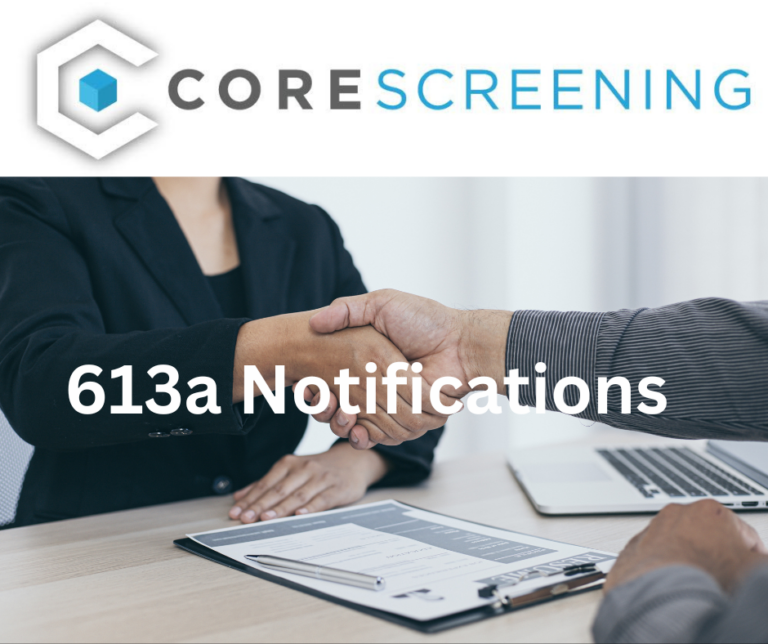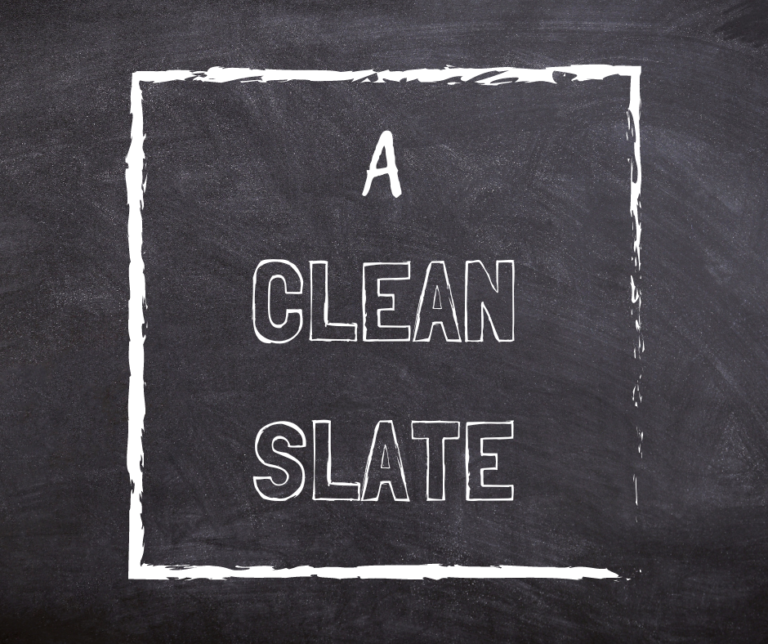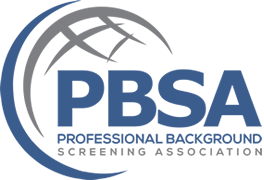Background checks are an essential part of the hiring process, and they provide valuable information about a candidate’s history and character. They are used by employers to help them make informed decisions about potential hires and to ensure that they are not exposing their organization to undue risk. In this article, we will discuss the different types of background checks available, including criminal history checks, credit checks, employment verifications, and drug tests. We will also discuss the pros and cons of each type and explain how each type can be used to gather different types of information.
Criminal History Checks
One of the most common types of background checks is a criminal history check. This type of check involves searching for criminal records in various databases, including county and state criminal records, national criminal databases, and sex offender registries. The purpose of a criminal history check is to determine if a candidate has any criminal history that could pose a risk to the organization or its clients.
Pros:
- Criminal history checks can help identify candidates with a history of criminal behavior, including violent crimes, theft, or fraud.
- They provide a level of protection for the organization, its employees, and its clients.
- They help employers comply with legal requirements, such as those set forth by the Equal Employment Opportunity Commission (EEOC) and the Fair Credit Reporting Act (FCRA).
Cons:
- Criminal history checks can be expensive and time-consuming, especially if they involve searching multiple databases.
- They may not provide a complete picture of a candidate’s character or suitability for a position.
- There is a risk of false positives or incorrect information, which can result in discrimination against a candidate who is wrongly accused. This is why working with a qualified background screening company that utilizes an automated FCRA compliant pre-adverse/adverse action process is crucial.
Credit Checks
Credit checks are another type of background check that employers may use to screen potential hires. These checks involve reviewing a candidate’s credit history, including their credit score, credit accounts, and payment history. The purpose of a credit check is to assess a candidate’s financial stability and responsibility, which can be relevant for positions that involve financial management or handling sensitive information.
Pros:
- Credit checks can help identify candidates who have a history of financial instability or poor financial management, which could make them more susceptible to bribery, theft, or other financial improprieties.
- They can help employers make informed decisions about a candidate’s suitability for positions that involve financial management, handling money, or accessing sensitive financial information.
Cons:
- Credit checks can be seen as invasive or discriminatory, especially if they are used to make hiring decisions for positions that do not involve financial management.
- They may not provide a complete picture of a candidate’s character or suitability for a position, as financial instability does not necessarily indicate poor job performance or character.
Employment Verifications
Employment verifications are another type of background check that employers may use to screen potential hires. These checks involve contacting previous employers to verify a candidate’s employment history, including job titles, responsibilities, and dates of employment. The purpose of an employment verification is to confirm a candidate’s work history and assess their suitability for a position based on their past experience.
Pros:
- Employment verifications can help employers confirm a candidate’s work history and experience, which can be relevant for positions that require specific skills or experience.
- They can help employers avoid hiring candidates who have falsified their resumes or work history, which can be a red flag for dishonesty or poor job performance.
Cons:
- Employment verifications can be time-consuming and may require contacting multiple previous employers, which can delay the hiring process.
- They may not provide a complete picture of a candidate’s character or suitability for a position, as work history does not necessarily indicate job performance or character.
Drug Testing
Drug testing is a common background check that employers use to screen potential hires. These checks involve testing for the presence of drugs, such as marijuana, cocaine, and opioids, in a candidate’s system. The purpose of drug testing is to ensure that a candidate is drug-free and can perform their job duties safely and effectively.
Pros:
- Drug testing can help employers ensure a safe and drug-free workplace, which is especially important for jobs that involve operating heavy machinery or working with hazardous materials.
- They can help employers avoid hiring candidates who may pose a risk to themselves or others due to drug use, which can lead to increased absenteeism, accidents, and poor job performance.
Cons:
- Drug testing can be expensive and may require multiple tests to confirm a result, which can be a significant cost for employers, especially for small businesses.
- They may not provide a complete picture of a candidate’s suitability for a position, as drug use does not necessarily indicate poor job performance or character.
- False positives can occur in drug testing, which can be detrimental to candidates who are wrongly accused of drug use and can lead to potential legal action. CoreScreening offsets this risk by utilizing fully licensed Medical Review Officers (MROs) to review the results compared to prescriptions that have been authorized by a licensed physician.
As with any type of background check, it is important for employers to use drug testing ethically and responsibly and to be transparent with candidates about the use of drug testing as part of the hiring process. It is also important for employers to understand the legal requirements for drug testing in their state, as some states have specific laws and regulations regarding drug testing in the workplace. Overall, drug testing can be an effective tool for employers to ensure a safe and drug-free workplace, but it should be used in conjunction with other types of background checks to ensure a comprehensive assessment of a candidate’s suitability for a position.
Conclusion
Criminal history checks, credit checks, employment verifications, and drug tests are four of the most common types of background checks that employers may use to screen potential hires. Each type of check has its own set of pros and cons, and the information they provide can be used to make informed hiring decisions.
When it comes to choosing which types of background checks to use, employers should consider the specific requirements of the position they are trying to fill. For example, if the position involves handling sensitive financial information, a credit check may provide insight into the applicant’s personal financial history. On the other hand, if the position involves working with vulnerable populations, a thorough criminal history check in addition to a drug test may be a better fit.
Employers must also make sure that background checks are done in accordance with legal requirements. The EEOC and the FCRA both have guidelines in place to help employers avoid discriminatory practices when conducting background checks, and employers should be aware of these guidelines to ensure they are not putting themselves at risk of legal action.
In summary, background checks are an essential part of the hiring process, and they provide valuable information that can help employers make informed decisions about potential hires. By understanding the different types of background checks available and the pros and cons of each, employers can choose the right checks for their specific needs and ensure that they are complying with legal requirements. The team at CoreScreening has over 15 years of experience in the industry. Contact an experienced account manager today in order to customize the best solution for your organization.




